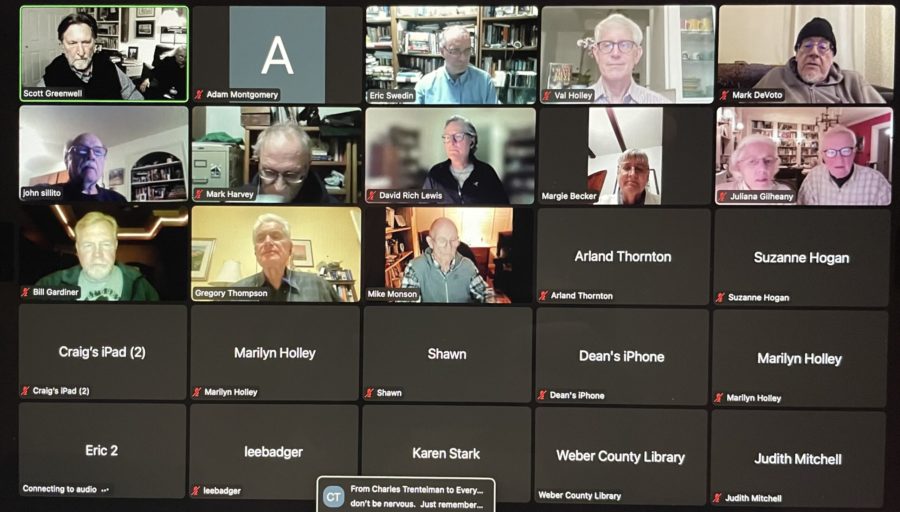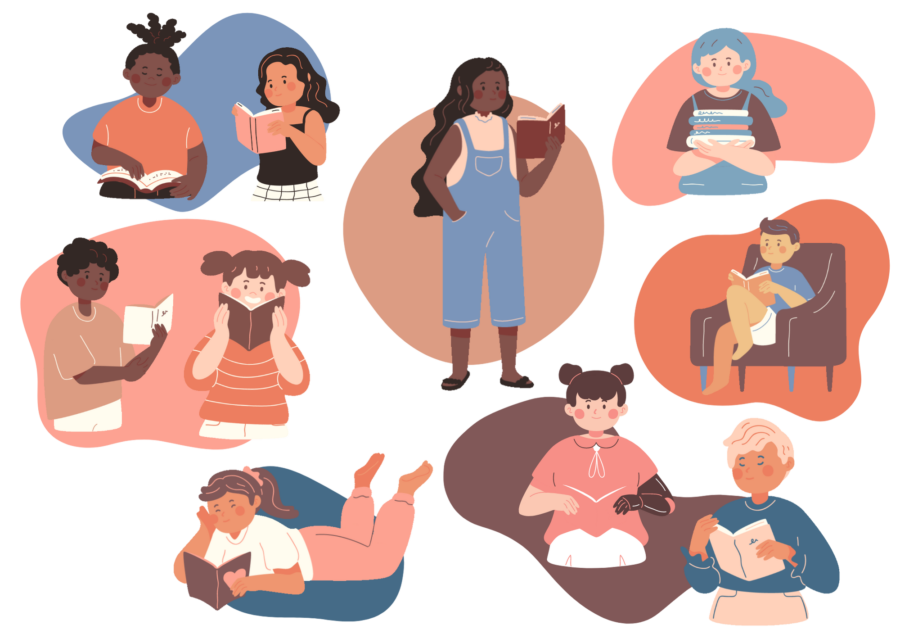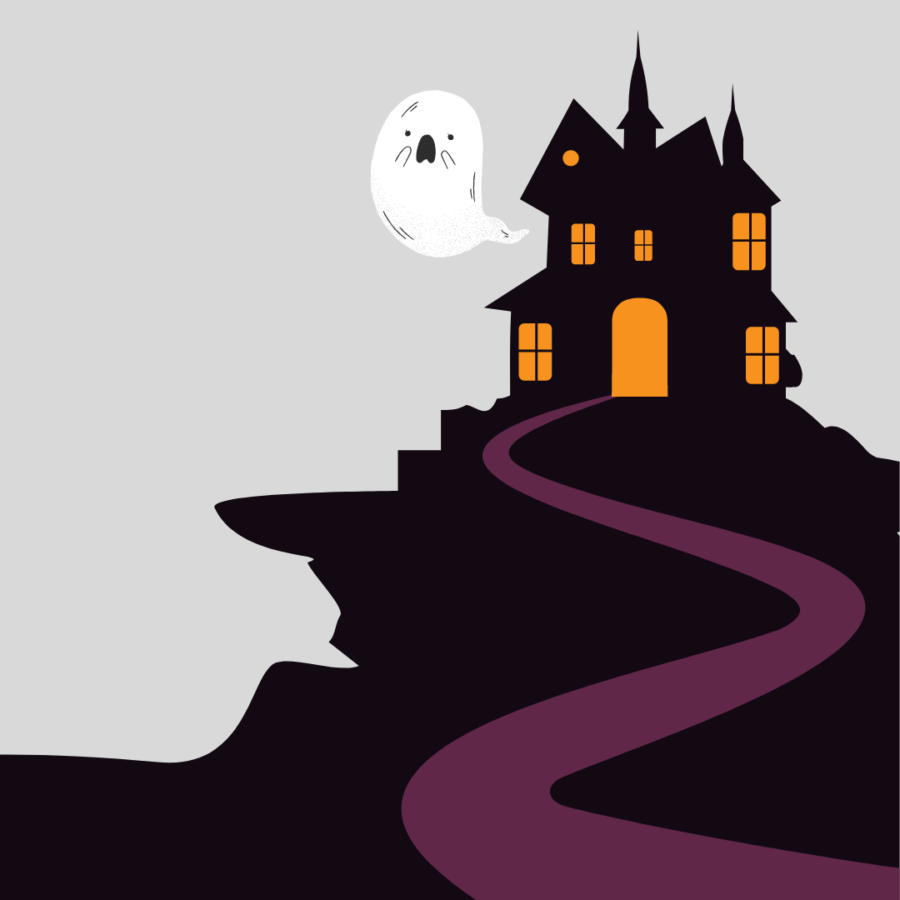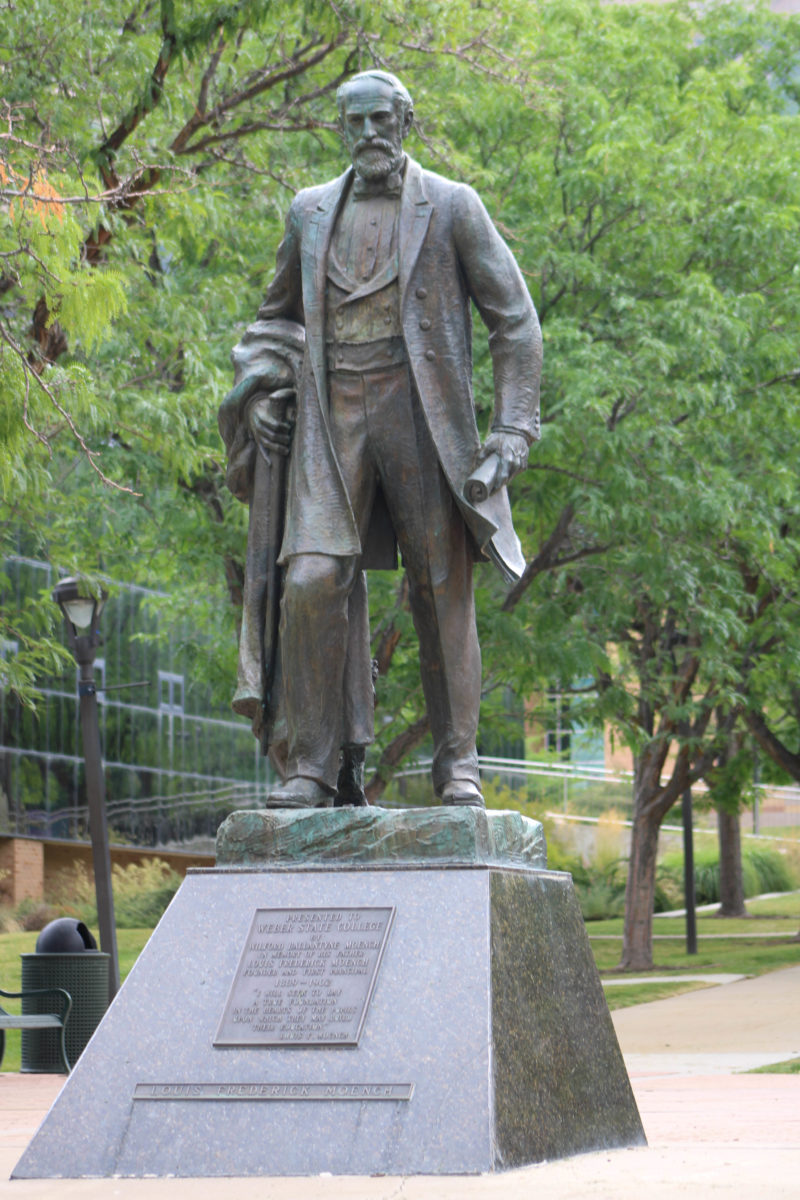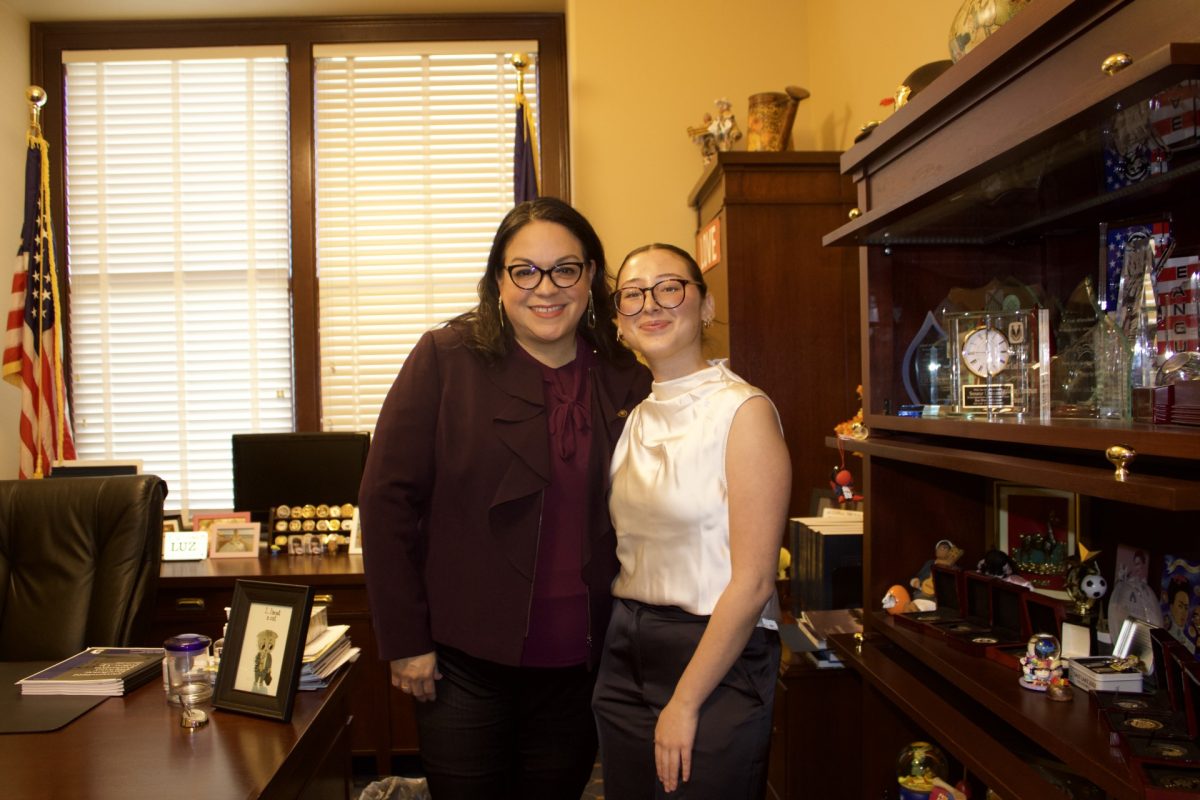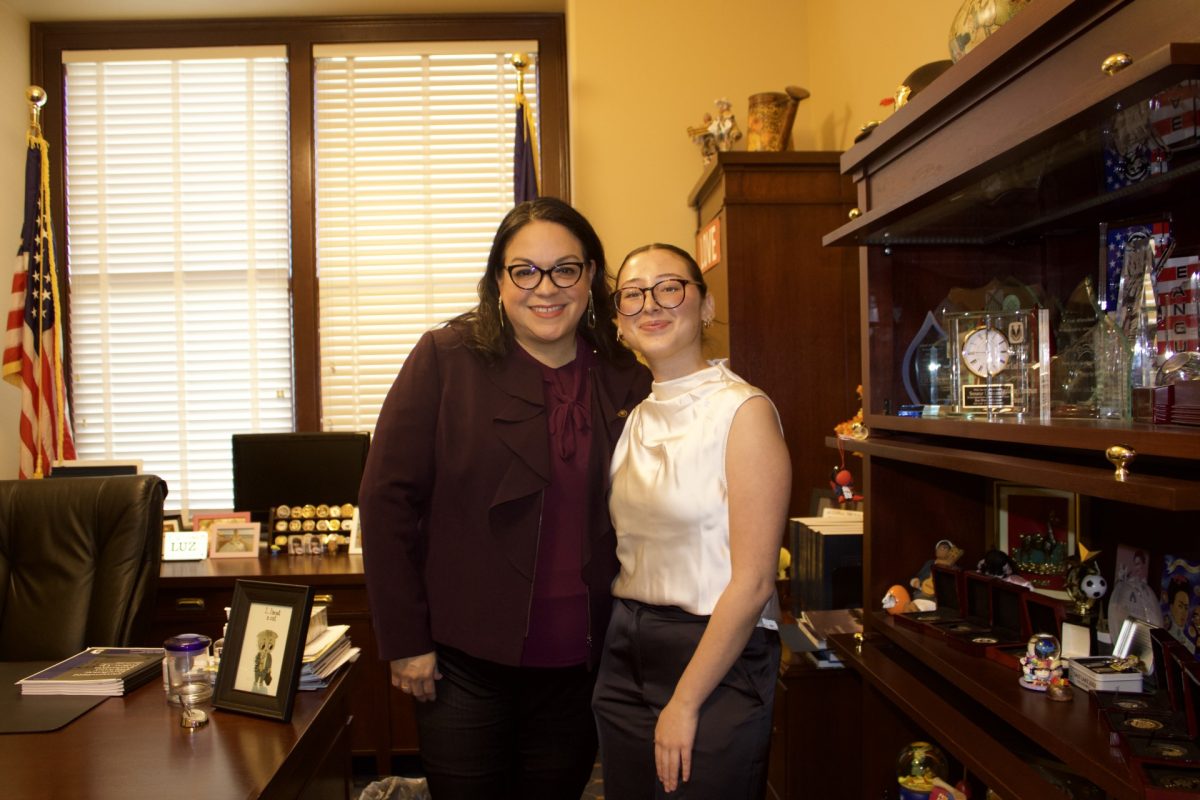I would bet that everyone reading this column, at some point in their life, has written poetry.
Yes, even you, Mr. Accounting Major. I can picture you now, in the 10th grade, slaving over a hot mechanical pencil to write a truly kick-butt poem, in the tradition of great poets like Nickelback and Adam Sandler, for your girlfriend on Valentine’s Day. You did this (A) so she would think that you’re sensitive, and (B) it was less expensive than a teddy bear.
Poetry is a natural form of expression, and it’s all around us, like air, or Kardashians. But there are some common misconceptions and complaints about the art form that I would like to address here, using the traditional Petrarchan sonnet form. All right, here goes:
For lass, she that but wishes . . . something . . . eh . . . wishes . . . dishes . . . fish . . .
OK, bad idea. I will address some misconceptions and complaints about poetry, in “free verse,” starting from here:
1. Why can’t poets just say what they mean?
Because then a poem would just be an episode of Two and a Half Men. Just kidding (mostly). But really, people get this attitude from their high school literature teacher, who makes them studiously pick apart a poem like it were some frog to be dissected. And then, they have to take a pop quiz on it. On rare occasions, this is the correct way to approach poetry, but more often, a poem is meant to be read through as a whole, and pondered thoughtfully, and likened to the life of the person reading it. Just like an episode of Two and a Half Men.
2. Poems are just about winter and leaves falling and people crying in the rain and getting dumped.
No. Bad poems by high school girls are like this. They always start with phrases like “And I thought we were forever, Cold Black Rain falling Tears, You are nothing like Edward OR Jacob, blah blah blah.” Real poetry is about high-minded concepts like existentialism, the Great Chain of Being, familial separations, courtly love and isolation (which are really all just different ways to write about sex).
3. All poetry is just about sex.
That is pretty much accurate.
4. If I want to write good poetry, I have to live a tortured life and have lots of vices so that tweedy professors and British grad students will write fascinating biographies about me 50 years from now.
It is difficult to separate the art from the artist, yes, but there are plenty of top-notch writers who were not pasty, jobless Beatniks roving from town to town and refusing to cut their hair and swimming in hot tubs filled with whiskey and opiates. Emily Dickinson never married, and rarely even left her house. Christopher Marlowe engaged in regular day-to-day activities, like spying and getting stabbed to death outside a tavern. The few facts that scholars know about William Shakespeare are that he was raised in Stratford-upon-Avon, he had three children, and his plays were probably written by a time-traveling Elvis Presley.
5. A lot of the poetry I read doesn’t make sense.
That’s because you aren’t smart like the rest of us. Again, just kidding. There’s a lot of mediocre poetry out there that’s really just nonsense written by hipsters who are sitting in a Starbucks and dreaming of being the next Allen Ginsberg. If you’re reading a poem, and it asks you a question like “Does fruit dream?”, get out of there.




